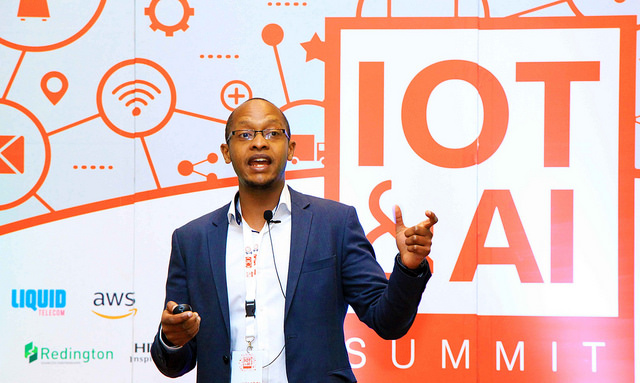
Fastagger, a Kenyan start-up providing image annotation services to AI-driven businesses was among the 10 cohorts selected for the third season of #Africa4Future programme among the 212 applicants from 28 African countries. The programme will support the start-ups in developing their ideas by providing access to technical and commercial workshops as well as mentorship opportunities. This is in line with the SDG 2 and SDG 9 of the UN Sustainable Development Goals which seek to address food shortage through remote sensing for precision agriculture and use of satellite technology for sustainable development of infrastructure across Africa respectively.
#Africa4Future is a joint-accelerator programme launched by Airbus BizLab and “Make-IT in Africa,” an initiative developed by GIZ, the German agency for international cooperation. It is implemented with the help of CCHub, a Nigerian start-up consultancy. In addition, UP42, a developer platform and marketplace for geospatial data and analytics, recently signed on as the programme’s technology sponsor. Since 2017, #Africa4Future has accelerated 14 start-ups in Africa.
We had a chat with Mutembei Kariuki, Co-founder and CEO of Fast Agger to know more about them, what they do, and how this program will be of benefit to them:

Mutembei Kariuki
Co-Founder & CEO, Fastagger
source: CIO East Africa
Who is Fast Agger, perhaps a hint on the inspiration for the name?
- Fastagger helps companies set up and run their AI projects. Our name comes from a play on Fast tagging of images to create training data. We start by supporting companies to label their data solving the challenge of labeling 100,000s of images to create training data and save time and money. We seek to offer an end-to-end service, full-stack data management, model development, and testing support, perfecting the model and giving the right to use the full-fledged A.I. model.
What market opportunity or problem is being solved by FastAgger?
- Setting up and running an AI project can be frustrating. 80% of time in machine learning projects is spent on data preparation. It can take 1,000,000 images to train a high accuracy specific deep learning neural network this could take up to 10,000 hours. Therefore we come in to support as a data labeling service provider and support the process of data management, model development, and testing support, perfecting the model and giving the right to use the full-fledged A.I. model.
What AI technologies are used to address the problem? , are they custom built frameworks or leveraging the best tools currently provided by the market?
- We have built a data labeling platform and use a suite of custom and other tools as well depending on the use case
Which industry sectors does FastAgger target?
- We are sector agnostic in terms of who our clients can be. However, at the moment industries that can apply computer vision such as Health, Agriculture, Infrastructure have seen the bulk of our clients
What main benefits does FastAgger bring to businesses it serves?
- We are able to support organizations from use case generation, training data creation, model development, and deployment. We are a full-stack AI company
What traction/progress has the startup made, eg clients served, projects worked on?
- We are currently processing images for a client as well as developing a model as part of the Africa4Future program
What does being part of #Africa4Future mean to the startup?
- This is a huge opportunity for Fastagger to access space data that is largely unavailable for Africa.
- We are democratizing AI by building training data sets for AI in Infrastructure and Agriculture that can be used to solve challenges in Africa.
What benefits does FastAgger envisage from the program?
- We have already benefited from getting access to high-quality remote sensing data as well as technical expertise from Airbus. We are also getting the opportunity to pitch a proof of concept for a project to the AIRBUS executive team.
We congratulate them and look forward to the growth and opportunities Fastagger will gain from being part of the program.

